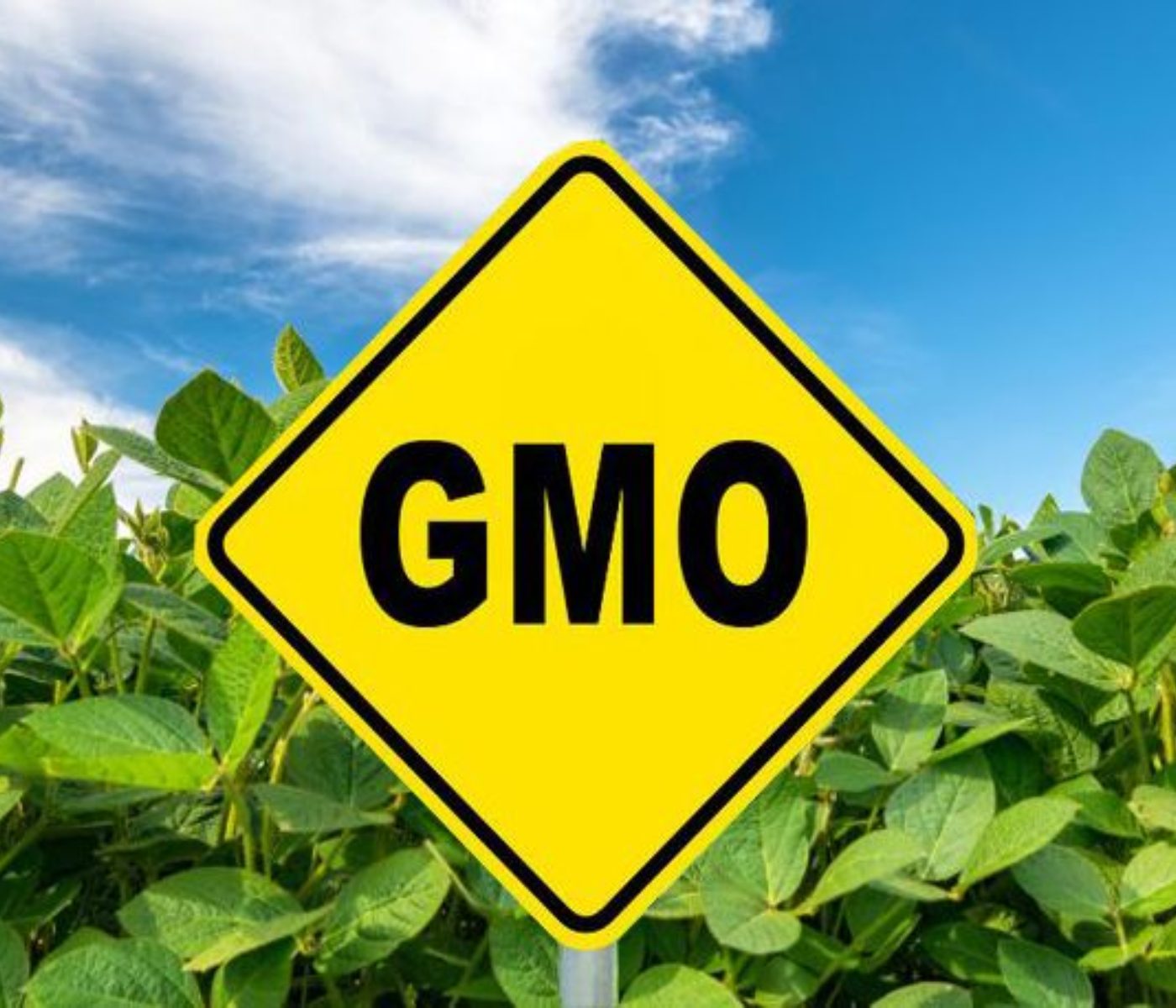Developed by Beijing DaBeiNong Biotechnology Co. Ltd., DBN9004 is genetically engineered to tolerate two widely used herbicides, enhancing its resilience in conventional farming systems.
 17 Jul 2025
17 Jul 2025
 The European Commission (EC) has officially authorized a new genetically modified (GMO) soybean variety for use in food and animal feed across the European Union, following a favorable safety evaluation by the European Food Safety Authority (EFSA). This marks another significant step in the EU’s cautious, science-based approach to GM crop imports.
The European Commission (EC) has officially authorized a new genetically modified (GMO) soybean variety for use in food and animal feed across the European Union, following a favorable safety evaluation by the European Food Safety Authority (EFSA). This marks another significant step in the EU’s cautious, science-based approach to GM crop imports.
Scientific backing leads to regulatory green light
![]() The authorization was granted after EU member states failed to reach a consensus during voting. In line with EU procedures, the EC proceeded to make the final decision, citing EFSA’s conclusion that the GMO soybean is as safe as its conventional counterparts.
The authorization was granted after EU member states failed to reach a consensus during voting. In line with EU procedures, the EC proceeded to make the final decision, citing EFSA’s conclusion that the GMO soybean is as safe as its conventional counterparts.
EFSA’s GMO Panel conducted a thorough assessment, examining potential risks to human and animal health as well as environmental impacts. Their review confirmed that the GM soybean, known as DBN9004, poses no increased risk of toxicity or allergenicity and is compositionally and agronomically equivalent to non-GM varieties.
Developed by Beijing DaBeiNong Biotechnology Co. Ltd., DBN9004 is genetically engineered to tolerate two widely used herbicides, enhancing its resilience in conventional farming systems.
Strict conditions apply
The approval is valid for a period of ten years and strictly applies to import, processing, and use in food and feed products. Importantly, the decision does not allow for the cultivation of the soybean within EU territory. As with all authorized GMO products in the EU, DBN9004 will be subject to comprehensive labeling and traceability requirements.
A trend toward broader acceptance?
This approval follows the EC’s recent decision to permit three GM corn varieties for similar uses earlier this year. While resistance to GM crop cultivation remains strong in many EU countries, the continued authorization of imported GM products for feed and food reflects a pragmatic approach to supply chain pressures and market demands.
The EU’s regulatory framework remains among the most stringent globally, requiring exhaustive scientific evaluation before GM products can enter the market. For now, DBN9004 joins a growing list of GM commodities permitted for use—though not growth—within the Union.
You may also like to read: The Future of GMO Corn and Livestock Feed with Dr. Haroldo Silva Rodrigues
Subscribe now to the technical magazine of animal nutrition
AUTHORS

Nutritional Interventions to Improve Fertility in Male Broiler Breeders
Edgar Oviedo
The Use of Organic Acids in Poultry: A Natural Path to Health and Productivity
M. Naeem
Synergistic Benefits of Prebiotics and Probiotics in Poultry, Swine, and Cattle
Gustavo Adolfo Quintana-Ospina
Hybrid Rye Potential in Laying Hen Feed Rations
Gwendolyn Jones
A day in the life of phosphorus in pigs: Part I
Rafael Duran Giménez-Rico
Use of enzymes in diets for ruminants
Braulio de la Calle Campos
Minerals and Hoof Health in the Pregnant Sow
Juan Gabriel Espino
Impact of Oxidized Fats on Swine Reproduction and Offspring
Maria Alejandra Perez Alvarado